
A moral dilemma is described as a decision-making problem between two possible moral imperatives, neither of which is unambiguously acceptable or preferable. The complexity arises out of the situational conflict in which obeying one would result in transgressing another.
In film, as in life, we are often presented with moral dilemmas. The audience is sometimes presented with what seems to be the ‘right’ choice, but more often than not, we are faced with the same conflicts as the characters.
This list looks at some films in which we are presented with moral dilemmas. Sometimes we will agree with how the characters act, and the choices they make. Other times we will vehemently disagree. And more often than not, we will be just as torn as the characters themselves. These films also effectively show us moral dilemmas that represent more than just the choices that individuals make, but also the way that society behaves and intrinsic human behaviour.
Spoilers have tried to be avoided, but please note that there may be some small spoilers.
1. Eye In The Sky
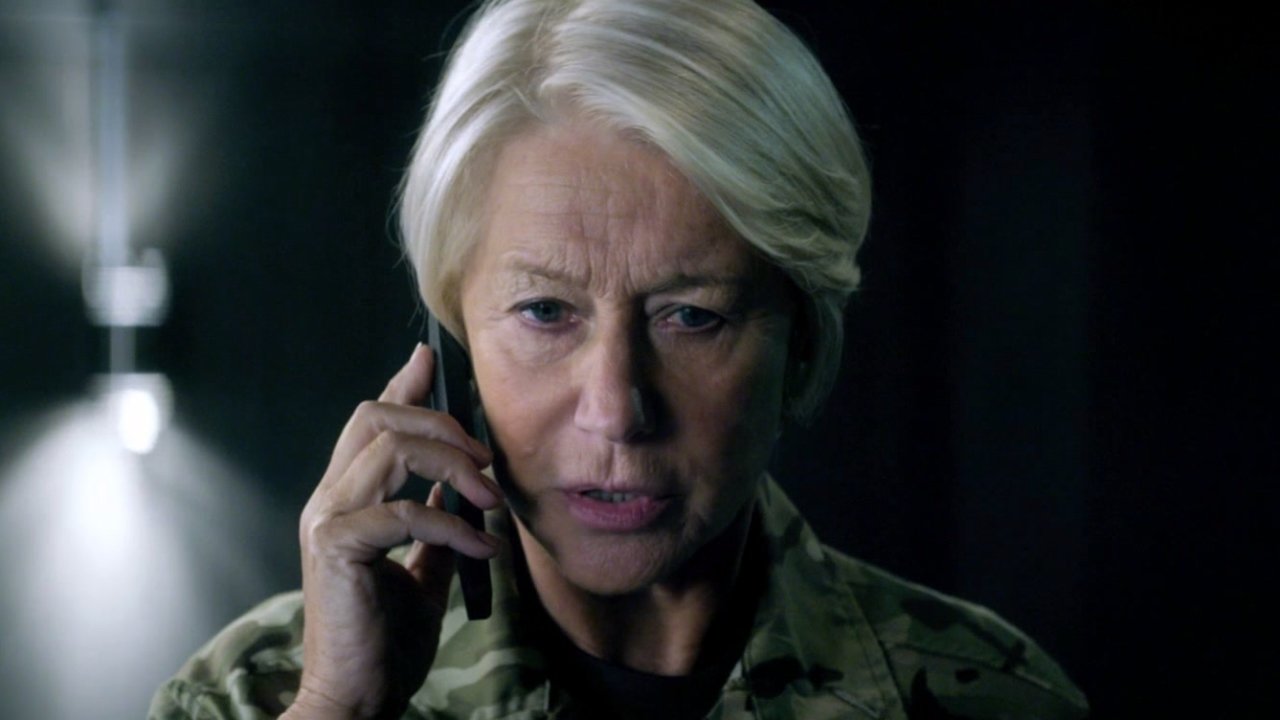
British Army Colonel Katherine Powell (played by Helen Mirren) is in command of a mission to capture a group of terrorists in Kenya. After ordering a drone missile strike to take out the terrorists, Colonel Powell’s mission is escalated when a young girl enters the kill zone.
The implications of war are at the forefront of Eye in the Sky, which raises important questions on the morality of modern warfare and in particular the use of drones. The central dilemma of Eye in the Sky revolves around whether a missile strike should still go ahead after a young girl enters the kill zone. If the strike goes ahead then it will take out three big players from a terrorist group, but it will also almost certainly kill the young girl.
Is the sacrifice worth the reward? Could you let an innocent girl die if you didn’t have to? Are we desensitised to war? All these questions and more are addressed in this clever and tense film which confronts us with the incredibly difficult decisions that are made every day by those directly involved in war. It also shows the audience the results of being caught in the crossfire of war.
Throughout the film, the moral dilemma ensconces the audience completely. And by the conclusion, you will definitely feel that you have been affected by the choices made.
2. Passengers
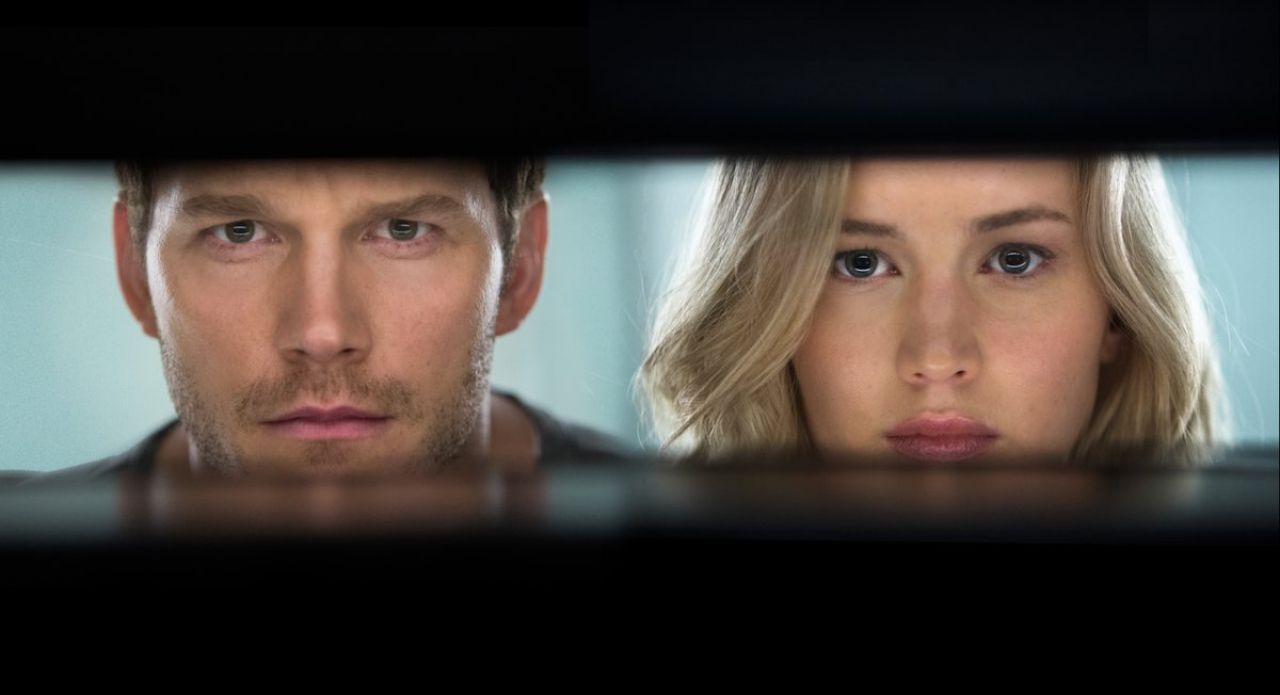
A spaceship on its way to a distant colony suffers a malfunction, causing two passengers to be awakened from suspended animation ninety years too early. As Jim (Chris Pratt) and Aurora (Jennifer Lawrence) begin to fall for each other, they must unravel the mystery behind the ship’s malfunction and keep the other five thousand sleeping passengers safe.
When Jim’s sleep pod malfunctions and he is awakened ninety years too early from suspended animation, he soon becomes increasingly lonely and depressed – completely devoid of human contact and company. He faces a whole life by himself, and the thought is unbearable.
After wrestling with his conscience, he decides to awaken a fellow passenger and chooses Aurora who he has developed feelings for. In this difficult decision, a moral can of worms is opened. In opening Aurora’s pod, he is taking away her chance to wake later on the colony and forcing her to live out her life on the ship.
Should Jim have done this? Is this fair? Is the reason that he did it justified, or can there be no justification for it? Passengers did not intend to become a film about a moral dilemma, but after its release, this aspect of the film was what was most picked up on and talked about.
The film, which was billed as a romance with sci-fi settings, instead became an exploration on morality and responsibility. Jim’s decision is primarily criticised by the audience, but what would you do if faced with a life completely alone? Passengers raises this complex question, and whether you can answer it or not – the possible outcomes are something which stay with the audience long after the credits finish rolling.
3. Gone Baby Gone
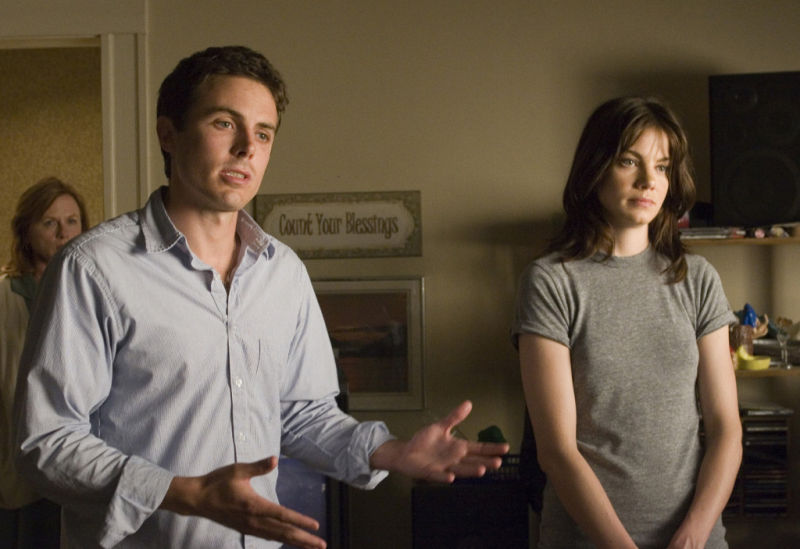
Private Investigator Patrick Kenzie (Casey Affleck) and his girlfriend Angie (Michelle Monaghan) take on the case of a little girl who has gone missing from her Boston neighbourhood. As the case becomes more complicated, revelations threaten to tear both the local community and the couple’s relationship apart.
Crime is always an evocative topic, but crime involving children becomes even more evocative and emotive. In Gone Baby Gone, there are many issues of morality to address – the morality of how we parent, how we live our lives, and how we treat others. But the overwhelmingly and complex moral dilemma comes at the very end of Gone Baby Gone when Patrick is confronted with an issue where doing the ‘right’ thing may not be the right thing at all.
This raises the interesting question of whether any issue can ever be black or white. Are there shades of grey in all aspects of life? Or are there instances where it doesn’t matter what your personal feelings are, you have to act on what is demanded by authority? Should we follow our heart or our head? Should we go with the majority?
There are so many facets to the decision that Patrick has to make, and this is one of those films where the audience will be strongly on one side or the other. You will either feel that Patrick is justifiably right in his decision, or heartbreakingly wrong. This is a film where the characters’ lives stay imprinted on your conscience afterwards, and you cannot help but ask yourself – what would I have done?
4. Circle
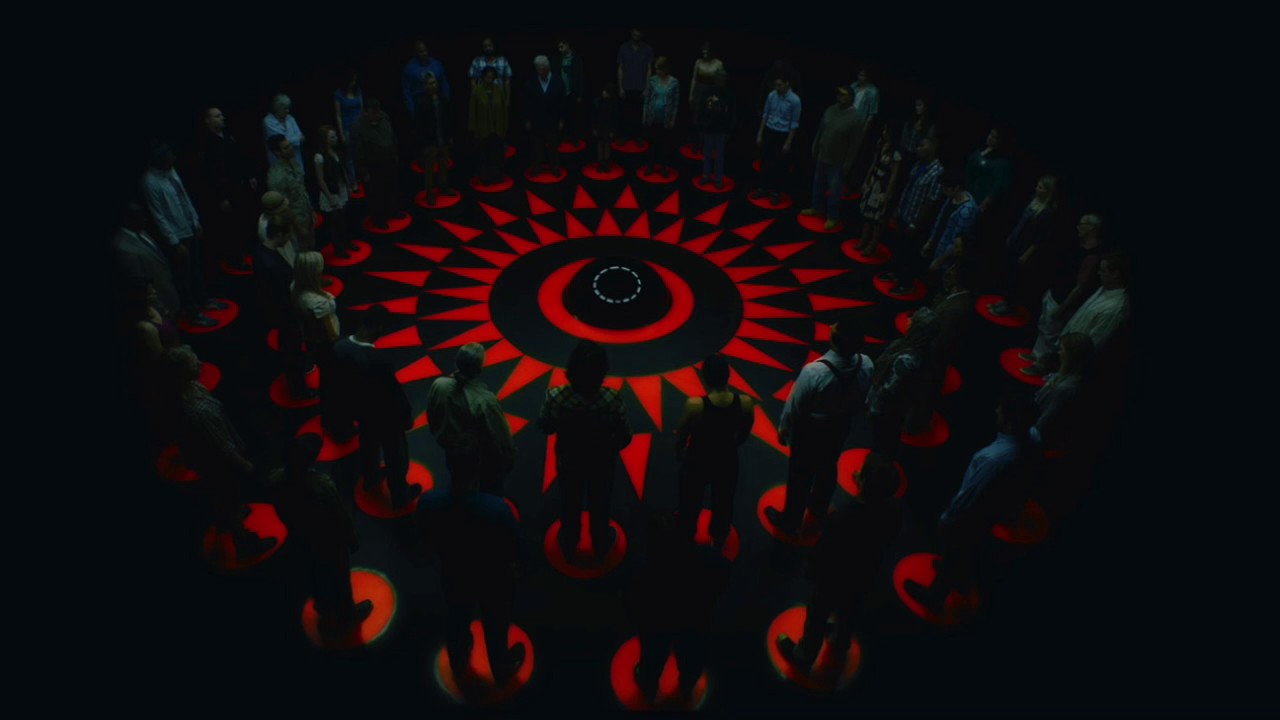
Fifty strangers wake up in a dark room with no idea how they got there or why. They soon find that one of them is being killed every two minutes, or if they attempt to leave the room. When they realise that they can control who is next to die, alliances start to form based on their judgements of the people around them.
This intriguing sci-fi film with a simple concept does not automatically appear as though it will be fraught with moral dilemmas and questions about how we view others. But ultimately, it becomes a fascinating study on human behaviour and how we judge each other based on a number of factors.
When the strangers forced together in these terrible circumstances realise that they can control each other’s fate, they begin to decide who should be the next to die. Determining whether or whether not someone should die sounds as though it would present an impossible task, and something that could not be measured. Yet the characters do make these decisions and so Circle becomes a captivating social commentary on issues such as race, gender, sexuality and entitlement.
If faced with your own mortality, could you choose someone else to die? And on what basis would you choose them? Are there people who are more deserving to live? And why? Eventually the most difficult moral dilemma of Circle is this – if only one person can live, who should it be? Thinking about what you might do in this situation, in this one room set film, keeps the audience utterly engaged throughout.
5. Force Majeure
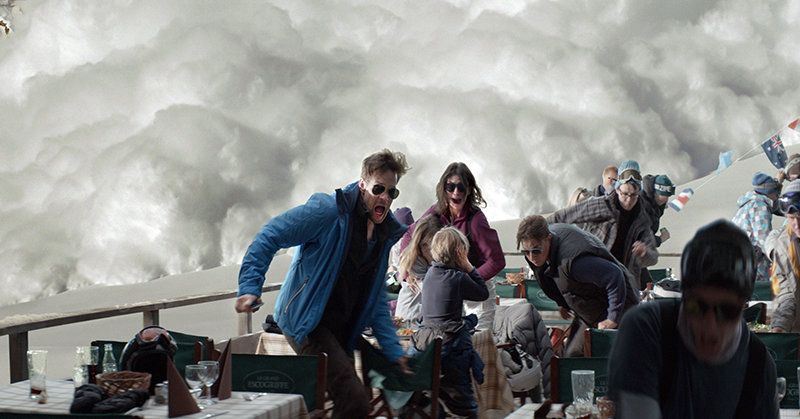
Whilst holidaying in the French Alps, a family becomes caught up in an avalanche. One man’s selfish reaction to the danger posed by the avalanche causes marital tension and stress in his relationship with his children.
We cannot say for certain how we would act if faced with a life or death situation. Most of us would like to think that we would act admirably, that we would protect our loved ones and help others. But what, if when faced with a life or death situation, we didn’t act admirably? What if we cowered or ran away? Would that make you a bad person? Would that mean that you didn’t care about other people?
This is the moral dilemma that takes centre stage in Force Majeure. When Tomas appears to be concerned only with saving his own life, rather than that of his wife and children, his wife is angry with him. She cannot understand his actions. Whereas his friends think that he only acted how anyone would. They even reason that Tomas meant to run away so that he would be fit to return later to help his family.
And so, how can we judge a person’s actions in such an extreme situation? And perhaps more importantly, should we judge their actions? Force Majeure allows us to face this moral dilemma in a quiet and ultimately undramatic way, not showing the event as the main focus of the film, rather showing the resulting feelings of the characters and how one person’s decisions can affect a whole family.